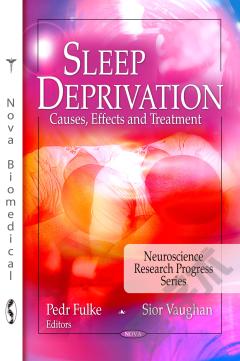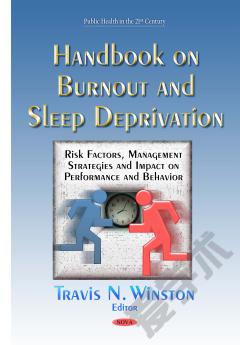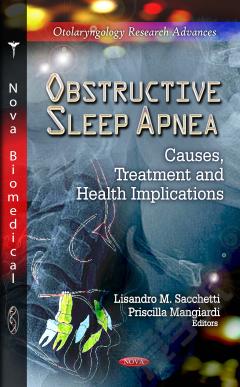Sleep Deprivation: Global Prevalence, Dangers and Impacts on Cognitive Performance
Sleep debt is a characteristic symptom of modern society, a society that provides services without interruption consumption over 24 hours with the help of teams undergo shift work, and encouraging individuals to use these services in unconventional times. Sleep loss can also be caused by neurological, psychiatric and medical disorders. The changes of sleep and wakefulness pattern are invariably linked with neurological disorders because of the common brain circuits and neurotransmitter systems that support brain function and regulation of sleep. The negative impact of changes in sleep health include metabolic and vascular outcomes such as hypertension, myocardial infarction, arrhythmias, type 2 diabetes and insulin resistance. In mood, sleep impacts the emotional regulation, being co-morbid with depression and anxiety. The relationship of sleep with depression is bi-directional, as 90% of individuals with depression have sleep loss, and individuals with sleep disorders have depressive symptoms. This book provides new research on the prevalence, dangers and impacts on cognitive performance of sleep deprivation.
{{comment.content}}








 京公网安备 11010802027623号
京公网安备 11010802027623号